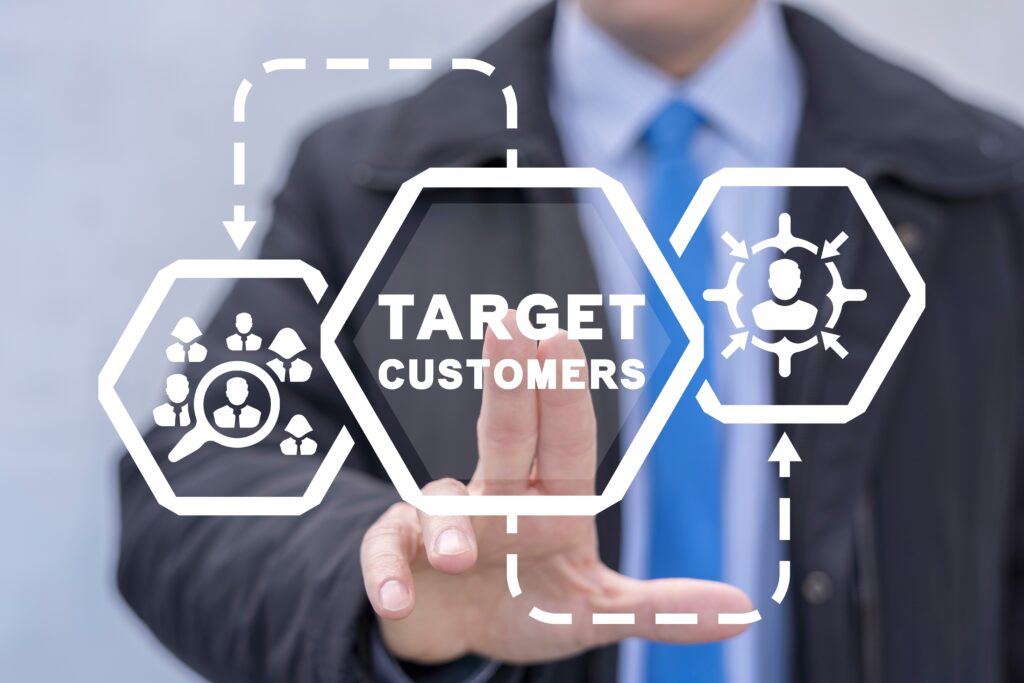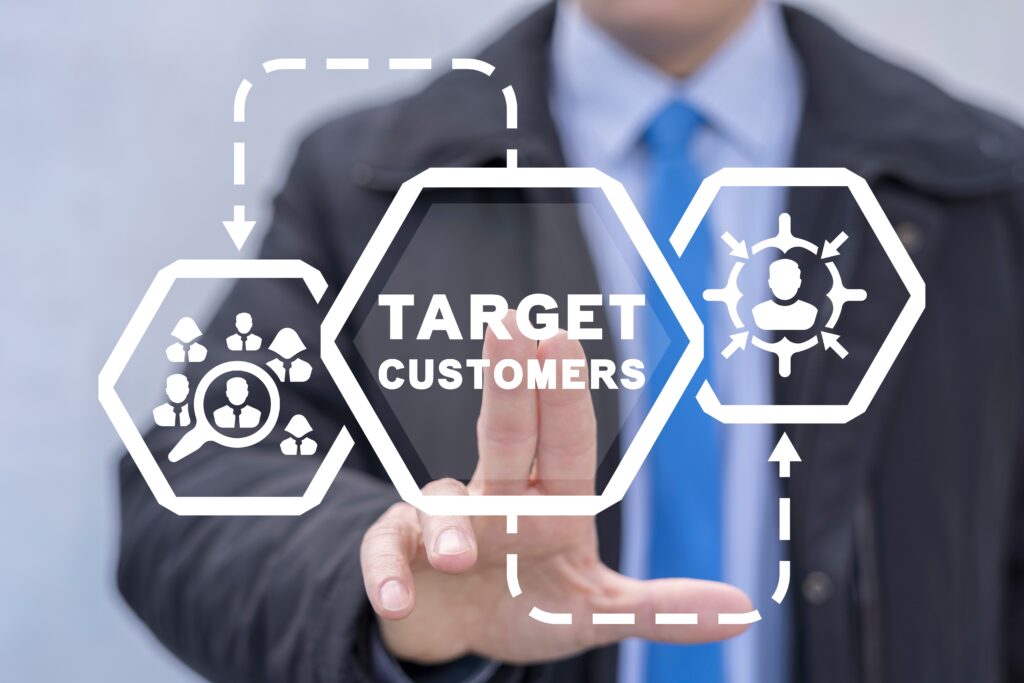
Prospecting is fundamental to the success of B2B sales. New tools and techniques are revolutionizing the process.
The landscape of B2B sales prospecting is undergoing a profound transformation. What once required weeks of manual research, countless cold calls, and educated guessing is now being revolutionized by artificial intelligence. Modern sales professionals are leveraging AI-powered tools to identify qualified prospects faster, engage them more effectively, and close deals more efficiently than ever before.
The Evolution of Sales Prospecting: From Rolodex to Algorithm
Traditional sales prospecting relied heavily on manual methods: networking events, referrals, cold calling lists, and painstaking research. The process was time-consuming and often inefficient, with sales reps spending up to 40% of their time researching prospects rather than engaging with them.
Today’s AI-driven approach is fundamentally different:
- Data-driven targeting replaces intuition-based prospecting
- Predictive analytics identify prospects most likely to convert
- Automated outreach personalization scales what was once impossible
- Engagement insights provide real-time feedback on what’s working
These changes aren’t just incremental improvements—they represent a paradigm shift in how B2B sales teams identify and pursue opportunities.
The AI Tools Reshaping Sales Prospecting
1. LinkedIn Sales Navigator + AI
LinkedIn’s Sales Navigator has long been a staple for B2B prospecting, but its integration with AI capabilities has transformed it into an even more powerful tool.
Key AI-enhanced features:
- Advanced account and lead recommendations based on your historical engagement patterns
- Predictive lead scoring that identifies which prospects are most likely to convert
- Automated saved searches that continuously surface new prospects matching your criteria
- Engagement insights that reveal the optimal approach for different prospect segments
Real-world application: Enterprise software company Salesforce reported that their sales team achieved 34% higher close rates after implementing AI-enhanced LinkedIn Sales Navigator processes. The key difference was the ability to identify decision-makers earlier in the sales cycle and engage them with more relevant messaging.
2. ChatGPT and Generative AI
Generative AI tools like ChatGPT are becoming indispensable for sales prospecting, particularly in research, outreach composition, and conversation preparation.
Key applications:
- Generating personalized outreach messages based on prospect data points
- Creating industry and company-specific value propositions at scale
- Summarizing prospect research into actionable conversation points
- Developing objection handling frameworks tailored to specific prospect types
Real-world application: Tech startup Hyperscale.ai reported that sales teams using ChatGPT for outreach customization saw response rates increase by 27% compared to traditional templated approaches. The AI-generated messages incorporated more specific details about the prospect’s business challenges and recent company developments.
3. ZoomInfo with AI Enhancements
ZoomInfo has evolved from a simple contact database to an AI-powered intelligence platform that provides actionable insights about prospects.
Key AI features:
- Intent data that reveals when companies are actively researching solutions
- Technographic insights that identify companies using complementary or competing technologies
- Predictive company growth indicators that highlight organizations poised for expansion
- Automated contact verification that ensures outreach reaches the right people
Real-world application: Medical device company MedTech Solutions implemented ZoomInfo’s AI-driven intent signals and saw a 41% increase in first-call conversion rates. By focusing on organizations actively researching solutions in their category, they eliminated wasted outreach to unqualified prospects.
4. Conversation Intelligence Platforms
Tools like Gong, Chorus, and Salesloft don’t just record sales calls—they analyze them with AI to extract insights that improve prospecting effectiveness.
Key capabilities:
- Identifying language patterns that resonate with different buyer personas
- Surfacing competitive intelligence from recorded sales conversations
- Revealing which product features generate the most prospect engagement
- Providing real-time coaching on effective questioning techniques
Real-world application: SaaS provider CloudSecure analyzed 10,000+ sales calls through their conversation intelligence platform and discovered that prospects responded most positively to questions about specific security compliance challenges rather than general security concerns. This insight allowed them to refine their prospecting approach and increase meeting conversion rates by 22%.
How Sales Professionals Need to Adapt
The rise of AI in sales prospecting doesn’t eliminate the need for skilled sales professionals—but it does require them to evolve their approach.
1. Becoming Data-Fluent
Modern sales professionals need to understand how to interpret and act on the data that AI tools provide. This means developing competencies in:
- Reading and interpreting engagement analytics
- Understanding the significance of intent signals
- Recognizing patterns in prospect behavior
- Making data-backed decisions about prioritization
2. Evolving from Persuasion to Consultancy
As AI tools handle more of the prospecting legwork, successful sales professionals are shifting their approach:
- Moving from pitching to problem-solving
- Becoming subject matter experts in their prospects’ industries
- Using AI-generated insights to ask better questions
- Positioning themselves as strategic advisors rather than product representatives
3. Developing AI Collaboration Skills
The most effective sales professionals are learning to work alongside AI rather than being replaced by it:
- Using AI tools to generate initial outreach drafts, then refining with human judgment
- Applying human emotional intelligence to the insights AI provides
- Directing AI tools with increasingly sophisticated prompts
- Recognizing when to trust AI recommendations and when to override them
Ethical Considerations in AI-Powered Prospecting
The power of AI in sales comes with important ethical responsibilities:
- Transparency: Being honest with prospects about how their data is being used
- Privacy: Respecting boundaries when it comes to data collection and analysis
- Authenticity: Ensuring AI-assisted communications still reflect genuine human connection
- Fairness: Avoiding algorithmic bias that might exclude qualified prospects
The Future of AI in Sales Prospecting
Where is this technology headed next? Several trends are emerging:
1. Hyper-Personalization at Scale
AI will enable truly individualized outreach that incorporates not just the prospect’s name and company, but their specific challenges, communication preferences, industry trends affecting their business, and optimal engagement timing.
2. Predictive Journey Mapping
Advanced AI will map the entire buyer journey before it happens, predicting which prospects will encounter which objections, what content they’ll need at each stage, and when they’re likely to be ready for different conversations.
3. Autonomous Prospecting Agents
The next generation of AI tools will independently identify, research, and initiate contact with promising prospects, bringing them to human sales reps only when qualified and engaged.
4. Real-Time Adaptive Communication
AI will eventually provide real-time coaching during live prospect conversations, analyzing prospect sentiment and suggesting pivots in approach to maximize engagement.
Implementation Strategy: Starting Your AI Prospecting Transformation
For organizations looking to embrace AI-powered prospecting, consider this phased approach:
Phase 1: Enhanced Research and Targeting
- Implement intent data tools to identify active prospects
- Use AI tools to enrich prospect profiles with relevant insights
- Deploy predictive scoring to prioritize outreach
Phase 2: Intelligent Engagement
- Introduce AI-assisted message personalization
- Implement conversation intelligence for call analysis
- Develop data-driven cadence optimization
Phase 3: Advanced Orchestration
- Integrate systems for a unified prospect view
- Implement AI recommendation engines for next best actions
- Develop custom AI models specific to your sales process
Conclusion
The integration of AI into B2B sales prospecting represents both a challenge and an opportunity for sales organizations. Those who embrace these tools while maintaining the human elements that build trust and relationship will find themselves with a significant competitive advantage. The most successful sales professionals won’t be those who resist AI, but those who learn to collaborate with it effectively, using technology to handle repetitive tasks while focusing their human skills on building meaningful connections.
As AI continues to evolve, the fundamental role of sales remains unchanged: to help customers solve problems and achieve goals. The tools to accomplish this mission are becoming more sophisticated, but the ultimate purpose of sales prospecting—connecting solutions with the people who need them—remains as relevant as ever.
To learn how SkillSpot can help your business, visit www.theskillspot.com



